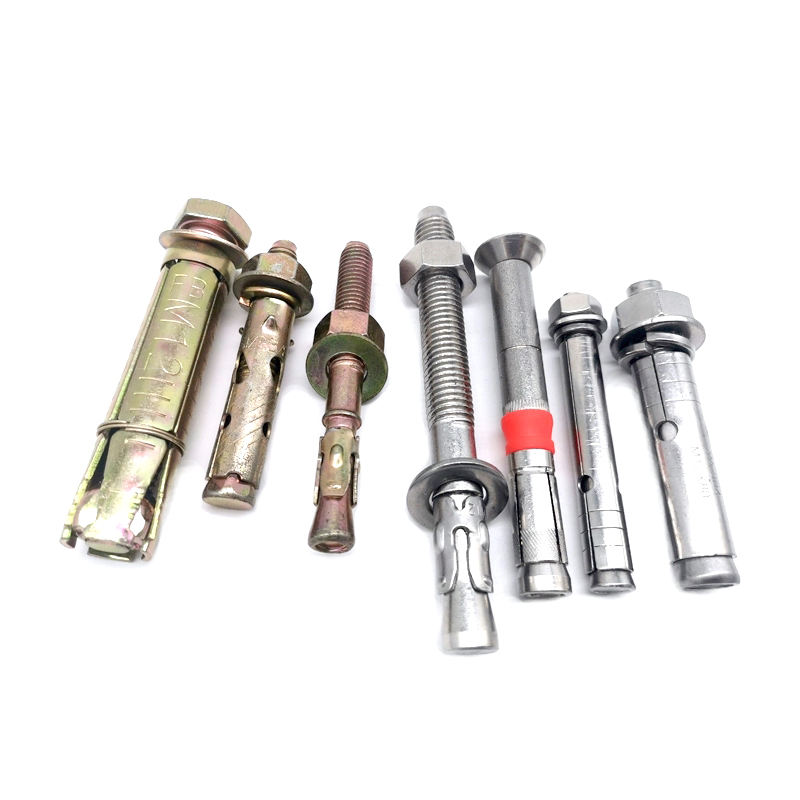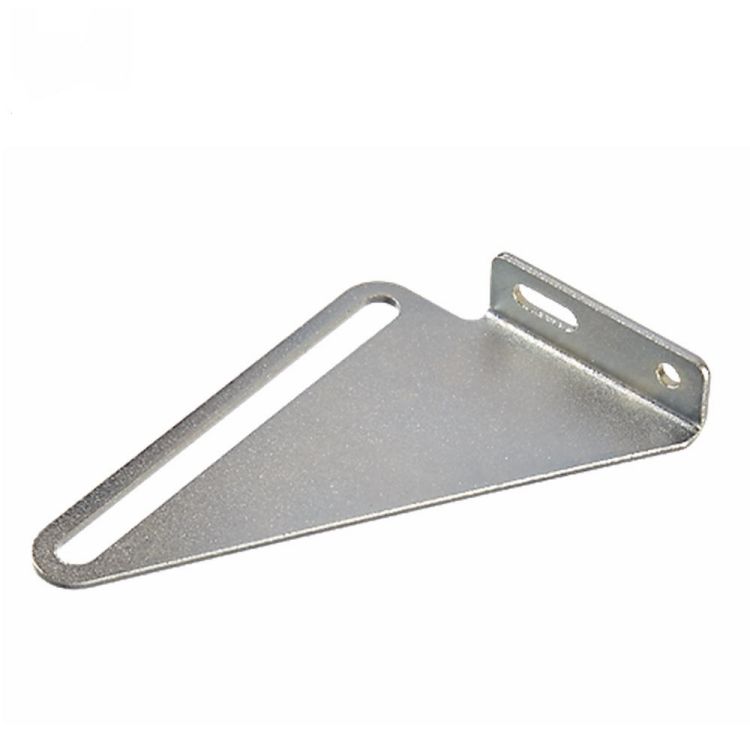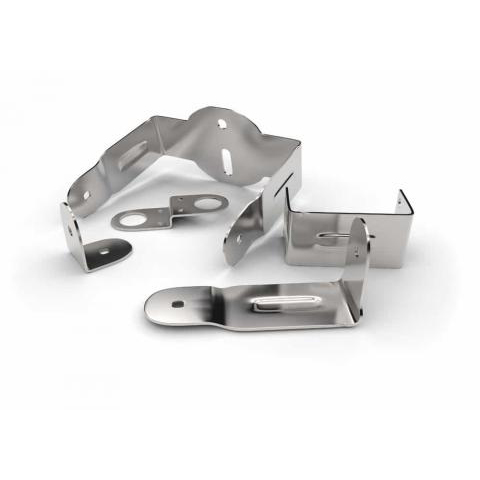
- English
- Español
- Português
- русский
- Français
- 日本語
- Deutsch
- tiếng Việt
- Italiano
- Nederlands
- ภาษาไทย
- Polski
- 한국어
- Svenska
- magyar
- Malay
- বাংলা ভাষার
- Dansk
- Suomi
- हिन्दी
- Pilipino
- Türkçe
- Gaeilge
- العربية
- Indonesia
- Norsk
- تمل
- český
- ελληνικά
- український
- Javanese
- فارسی
- தமிழ்
- తెలుగు
- नेपाली
- Burmese
- български
- ລາວ
- Latine
- Қазақша
- Euskal
- Azərbaycan
- Slovenský jazyk
- Македонски
- Lietuvos
- Eesti Keel
- Română
- Slovenski
- मराठी
- Srpski језик
Aluminum Alloy Die Casting
Xiamen Hongyu Intelligent Technology Co., Ltd. focuses on aluminum alloy die casting and die cast metal die casting, and has 17 years of relevant processing experience. HY supports one-stop services from mold design, manufacturing, die casting deburring, polishing, CNC processing to surface treatment. It has a professional design engineering team and mold development team. The fastest mold production takes only 7 days, helping customers to get products quickly and seize the market.
Processing services: aluminum alloy die casting, die cast metal, die cast alloys, etc.
Proofing cycle: 3-7 days to complete quickly
Processing type: support OEM/ODM customization
Mold opening cycle: 7-12 days
Send Inquiry
Characteristics of aluminum alloy die casting
As a process of metal smelting and processing, die casting is "similar" to injection molding, both of which involve heating solids into liquids and then injecting them into molds for molding. However, die casting is more difficult because it processes liquid metals with a higher melting point. The significant difference from other castings is that die casting usually requires high pressure and high speed.
Aluminum alloys can be divided into four types according to their performance characteristics and uses: rust-proof aluminum (LF), hard aluminum (LY), super hard aluminum (LC) and forged aluminum (LD);
And cast aluminum alloys can be divided into four types according to the addition of other alloying elements: aluminum silicon system (AL-Si), aluminum copper system (Al-Cu), aluminum magnesium system (Al-Mg) and aluminum zinc system (Al-Zn). Commonly used grades are ADC12 (A383) and ADC10 (A380).
However, it should be noted that the design structure of the inclined top needs to be reduced when designing the structure of aluminum alloy die casting, because this will leave a large number of sharp burr edges after demolding, increasing the difficulty of subsequent deburring.
Advantages of aluminum alloy die casting
1. The strength of the casting is at least 25~30% higher than that of sand casting, but it is not without disadvantages. The elongation of the casting is reduced by about 70%, while the casting has high dimensional accuracy, good surface finish, high strength and hardness, so the dimensions of large-scale castings are stable and interchangeable. Different processing technologies are not absolutely good or bad, only different application scenarios.
2. The die-casting process is very advantageous in processing thin-walled but complex castings. For example, the current minimum wall thickness of zinc alloy die casting can reach 0.3mm, and aluminum alloy die casting can reach 0.5mm.
3. High production efficiency: The machine has high productivity. For example, the domestic JⅢ3 horizontal cold air die-casting aluminum machine can die-cast aluminum 600~700 times in eight hours on average, and the small hot chamber die-casting aluminum machine can die-cast aluminum 3000~7000 times every eight hours on average.
4. Low cost: Due to the advantages of die-casting aluminum parts with precise dimensions and smooth surface. The post-process of mechanical processing is greatly reduced, so the utilization rate of metal is improved, and a large number of processing equipment and working hours are reduced, which reduces costs and speeds up production efficiency.
Aluminum alloy die casting die selection
In order to ensure the strength of use, the die casting mold must be made of hot die steel. Commonly used steels are: H13, 8407, 2344, 8418, SKD61, DAC, FDAC, etc.
Usually the processing life of a single die is about 80,000 times, so die casting is very suitable for mass production.

Common surface treatment processes for aluminum alloy die casting
Common processes include anodizing, electrophoretic painting, powder electrostatic spraying, titanium plating and other processes.
The main purpose of anodizing is to enhance the corrosion resistance and aesthetics of aluminum die castings;
The main purpose of electrophoretic painting is to increase the service life in outdoor natural environments;
Powder electrostatic spraying is also to increase corrosion resistance, especially acid and alkali resistance is more due to anodizing;
Titanium plating belongs to coating technology, which can not only improve corrosion resistance, but also high temperature resistance, increase surface finish, and reduce adhesion.
Main uses of aluminum alloy die casting
Aluminum alloy die casting, like mechanical processing, has spread to various fields and all over the world with the development of human civilization, including aerospace, artificial micro, automobiles, trains, ships, communications, electronics, home appliances and other fields;
Whether it is an ornamental appearance part or a mechanical part that requires precise matching, it can be competent.
Why choose HY
HY professional team online service, please send us quotation information when inquiring: drawings, materials, weight, quantity and requirements, we can accept PDF, ISGS, DWG, STEP file formats. If you don't have a drawing, please send us the sample and we can also quote based on your sample.
Free sample service: HY provides free sample service, customers only need to pay the freight.
Fast proofing and fast production service: The fastest mold opening only takes 7 days, and the production needs to be determined according to the quantity, usually completed within 15-25 days.
Full industry chain process, one-stop service: It has its own surface treatment department, and the surface treatment of the product is made of high-quality materials, without cutting corners. It is completed from product mold opening to final product molding, with faster delivery, shorter processing cycle, higher efficiency, and safer for customers who need product confidentiality agreements.
HY supports third-party factory inspection and third-party product inspection and certification, has a mature export system, and has complete export qualification certificates.


















